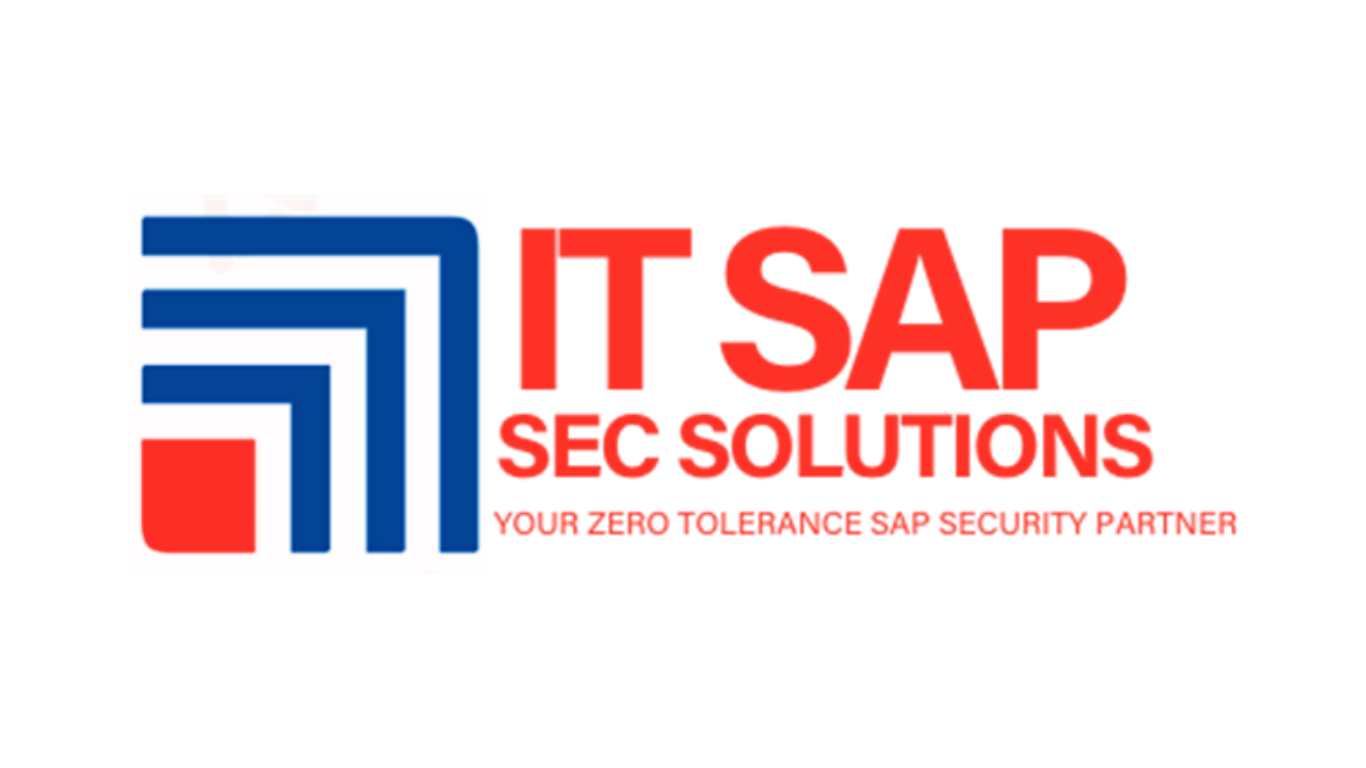When it comes to securing SAP systems, effective authorization management is the cornerstone of ensuring only the right users have access to sensitive data and operations. SAP environments, including Fiori and ECC (ERP Central Component), each have unique authorization models. Understanding these differences is critical for building a secure and efficient SAP landscape.
The Role of Authorization in SAP Fiori and ECC
SAP Fiori, SAP's modern user interface, has significantly transformed how users interact with SAP applications. It’s designed for ease of use, with a responsive design that works across devices. However, this user-friendly interface comes with unique challenges in terms of authorization management. Fiori leverages the SAP UI5 framework, and its role-based access control (RBAC) is built on modern web technologies, making it more dynamic and user-centric. In contrast, ECC, being a traditional SAP system, relies on a more structured, transaction-based access model, where user roles are tightly connected to specific business processes.
Key Differences in Authorization Models
- User Access and Security Scope:
- Fiori: Fiori's flexible design requires granular access control. Users are granted access to apps based on roles and activities, allowing for more personalized user experiences. This means that managing Fiori authorization involves assigning and managing specific Fiori roles for individual users.
- ECC: In ECC, users are typically assigned to broad business roles, such as "Sales Manager" or "Finance Officer," where access is granted to entire transactions and processes. Authorization management is often more static compared to Fiori's more dynamic approach.
- Role Management:
- Fiori: Fiori roles are tightly integrated with modern technologies like SAP Gateway, and they require constant updates and monitoring to ensure that access rights align with changing business needs. These roles often need more frequent adjustments.
- ECC: In ECC, roles are typically more fixed due to the structured nature of the system. While role adjustments still occur, they tend to be less frequent and less dynamic compared to the changes in Fiori.
The Importance of a Trusted Authorization Framework
Efficient SAP authorization management, whether in Fiori or ECC, begins with a trusted authorization framework. A robust framework ensures that access is managed securely, efficiently, and in line with compliance requirements. This framework should be implemented and maintained by seasoned authorization professionals who understand the intricacies of both environments. The framework should focus on ensuring proper segregation of duties, preventing unauthorized access, and continuously auditing roles and authorizations to keep systems secure.
Why Choose Authorization Professionals?
Authorization professionals bring specialized knowledge to the table, ensuring that the right people have the right access in SAP environments. By working with experts who understand the unique requirements of both Fiori and ECC, businesses can ensure their SAP systems remain secure, compliant, and efficient. A well-implemented authorization system leads to better data protection, fewer security risks, and a smoother user experience across the organization.
In conclusion, SAP Fiori and ECC each offer unique challenges in terms of authorization, but with a solid authorization framework implemented by professionals, you can safeguard your SAP systems from unauthorized access while ensuring users have the appropriate permissions. Whether you’re working with Fiori’s dynamic interface or ECC’s traditional transactions, the key to security lies in managing access effectively.
Key Features
What We Deliver



